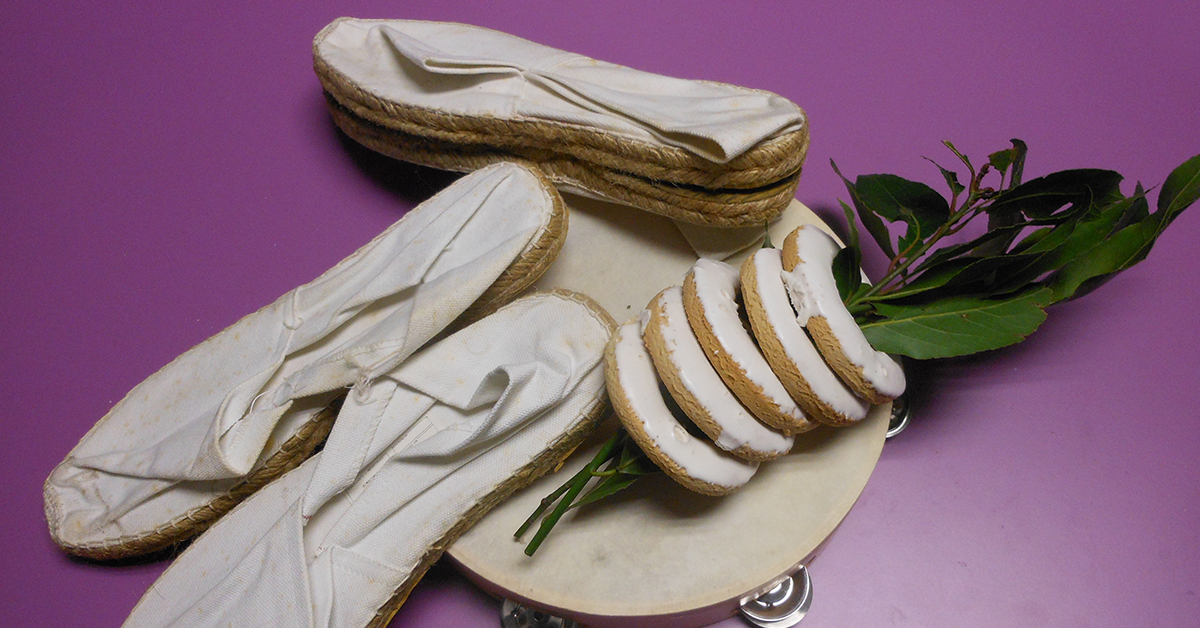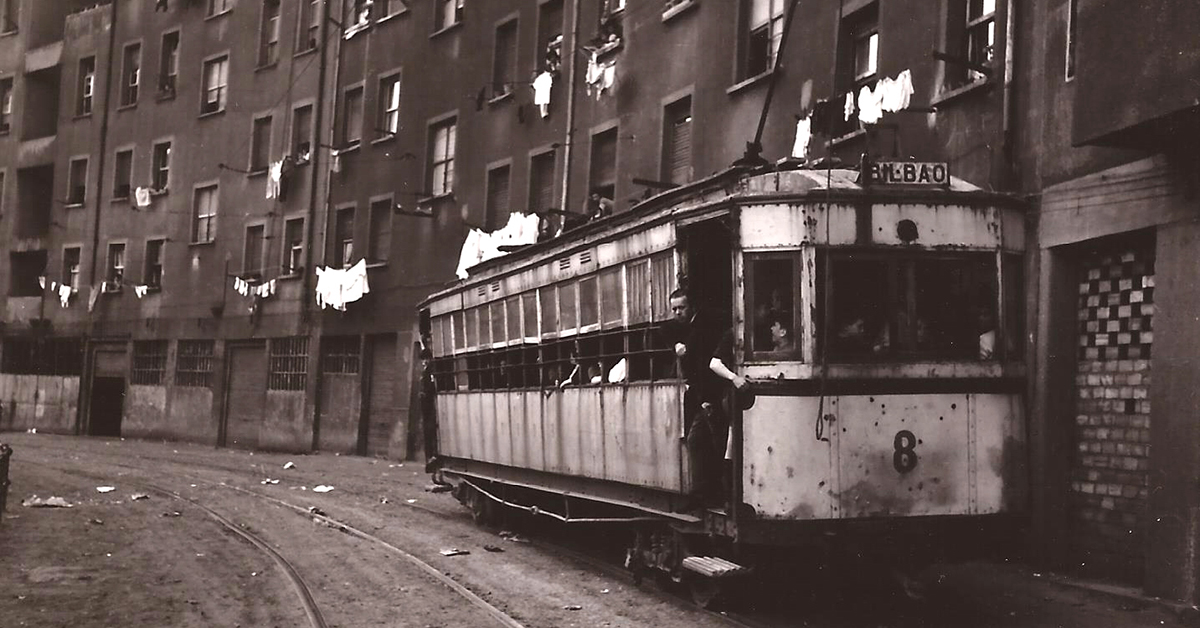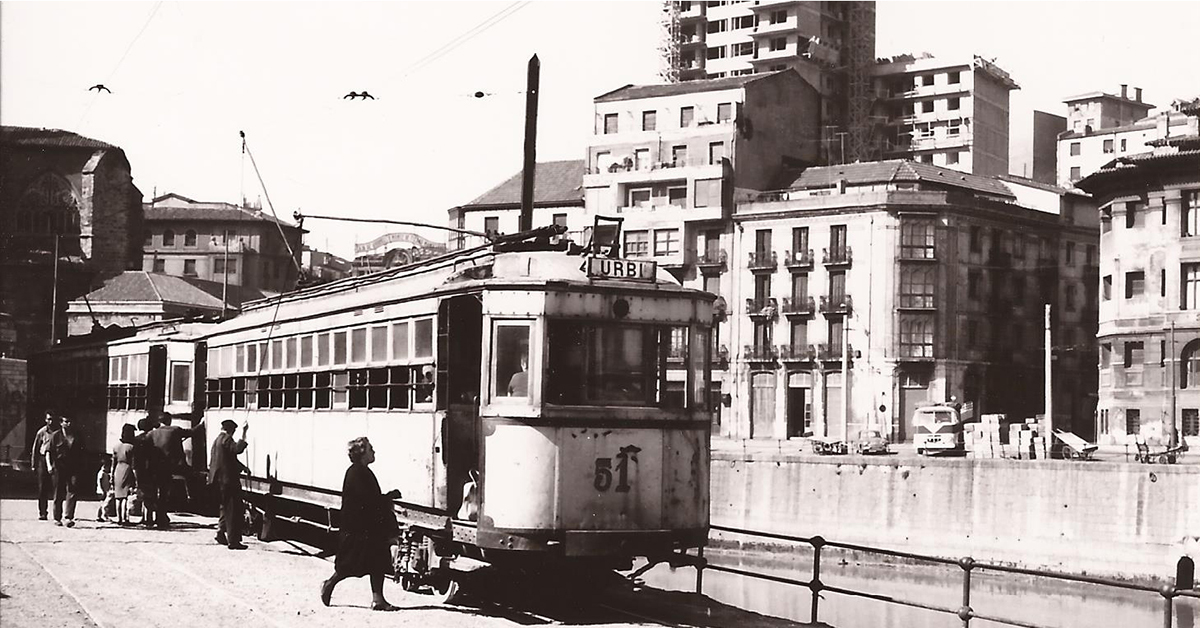Basque ethnography at a glance
The term “romeria” (erromeriak) or pilgrimage originally referred to the pilgrims’ journeys to Rome or other centres of Christianity. By extension, it has come to mean, in popular tradition, the festivities where people gather in meadows or on hillocks around certain chapels or shrines. It also encompasses the influx of pilgrims, religious services or festive events involving the pilgrims and the general public, at those sacred or devout places. Pilgrimages are organised in periods of good weather and usually take place in spring and at the end of autumn.
(more…)
A long time has passed since the Lumière brothers shot and screened La sortie des ouvriers des usines Lumière à Lyon Monplaisir, the first film in the history of the cinema. Filmmaking became known as the seventh art, and it has certainly become a leading artistic activity and a form of narration and entertainment for the public on a par with other arts.
In the past, particularly in small towns, film going started around the parish. There were local secular clergy and monks/nuns that ran schools and whose work included teaching catechesis. Other activities were also organised and included parish or school cinema, setting up mountaineering groups and trips to the countryside.
In the previous post, also dedicated to the tram of Arratia [See The tram of Arratia: a journey from traditional life to modernity (1)], we focused on the diverse spaces which coexisted in our environment during the period of the industrial revolution in Bizkaia —whether traditional, modern or subject to major transformation— so as to give a brief account of some aspects of the social context and ways of life at that time. This allowed us to gain a better insight into the scenario and climate which prevailed inside the tram of Arratia and paint a brief portrait of it. (more…)





